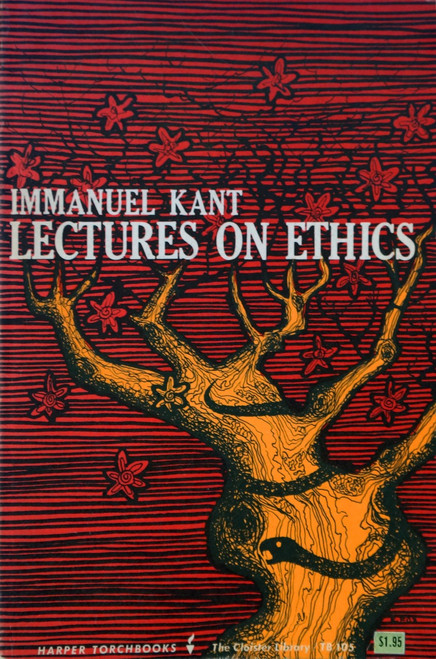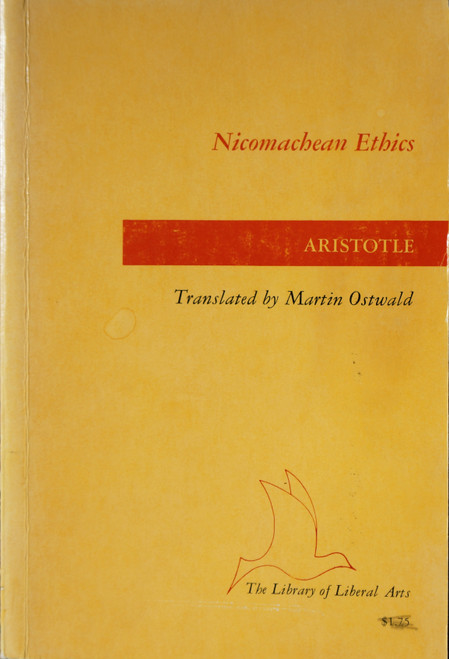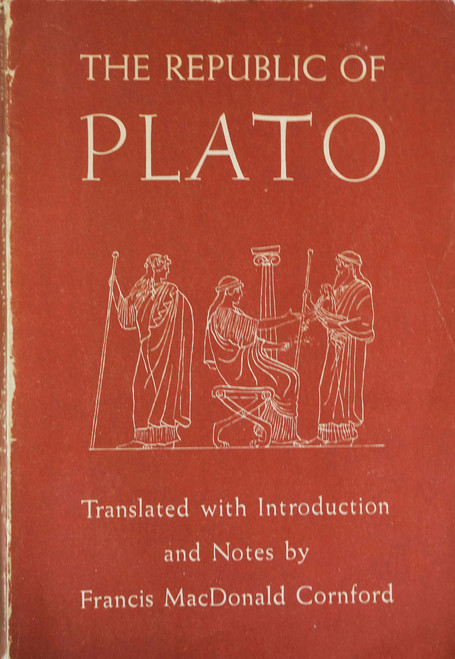These lively essays, transcribed by Kant's students during his lectures on ethics at Konigsberg in the years 1775-1780, are celebrated not only for their insight into Kant's polished and often witty lecture style but also as a key to understanding the development of his moral thought. As Lewis White Beck points out in the Foreword to this edition, those who know Kant only from his rigorous and abstract intellectual critiques may be surprised by the accessibility of these essays, which put flesh on the bones of the critical ethics, while revealing Kant as a practical moralist, greatly concerned with the nuances of human conduct and the social effects of his moral teaching. The sharply focused discussions and definitions strengthen an interpretation of Kant's more mature speculative works and remain the riches document we have for understanding the history of the preeminent ethical theory of modern times.
Editorial Reviews
"The Lectures remain the richest document we have for understanding the history of the most important ethical theory of modern times...They let us see Kant in the role his students & colleagues saw--not as the author of almost unreadable books, but as the galanter Magister, with a style as polished and sharp as the dagger he wrote on the podium." —Lewis W. Beck
"Since Kant was publishing nothing else during these years, the lectures help us more fully to document the continuous growth of his mind...We see here a mind of great abstract power moving over the concrete problems of life and conscience from which imperatives, hypothetical and categorical, were destined to emerge." —The American Journal of Sociology
"Though the Kant revealed in these pages is, in all essentials, the Kant familiar to us from the formal Critiques, the philosopher speaks to us here as the popular and inspiring university lecturer rather than as the laborious scholar. In place of the usual long and involved sentence we find here short, pithy statements, many of them almost epigrammatic in quality. And unlike the Critiques, from which illustrations were almost entirely omitted, these lectures abound in illustrations and concrete application of abstract theory." —T.M. Greene
About the Author
Immanuel Kant (1724-1804) has been caricatured as a stiff German professor, whose Stoic habits were so predictable that the people of Königsberg, his hometown, could set their clocks by his daily walks. Kant's life is best described as a heroic struggle to discover order within chaos or, better, an effort to fix human thought and behavior within it proper limits. He lived and worked during the Enlightenment, a time when political, religious, and intellectual freedom erupted across the Western world. His most important work is The Critique of Pure Reason, an investigation of reason itself. It encompasses an attack on traditional metaphysics and epistemology, and highlights his own contribution to these areas. Other main works of his maturity are The Critique of Practical Reason, which is about ethics, and The Critique of Judgment, a treatise on aesthetics and teleology.








